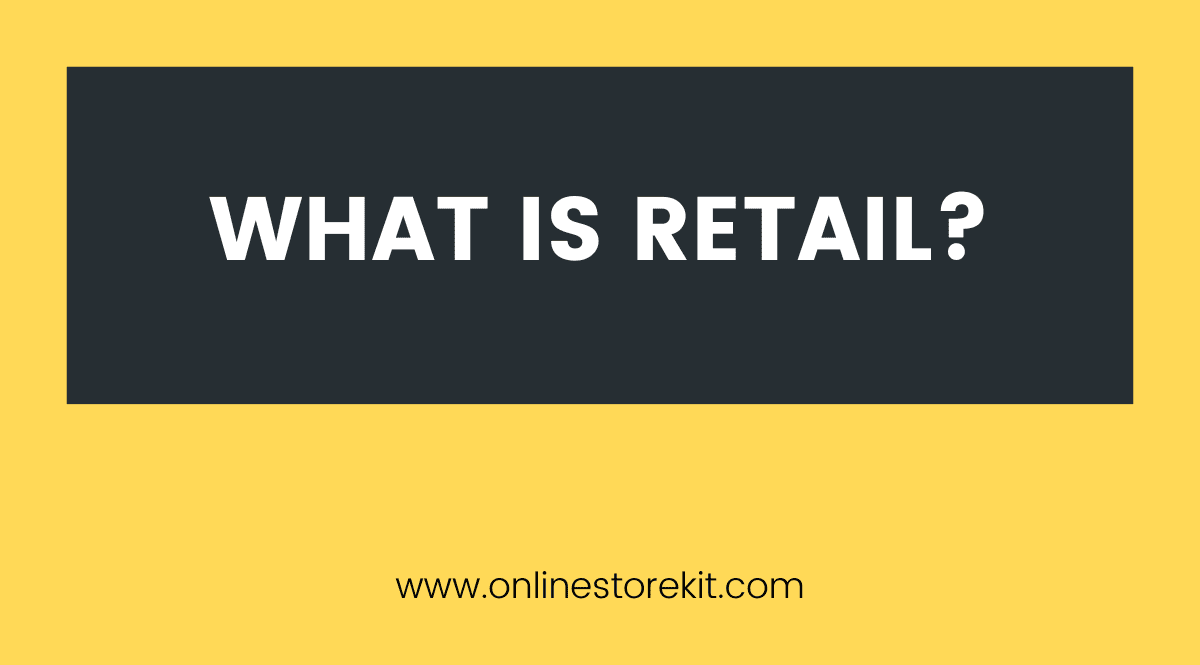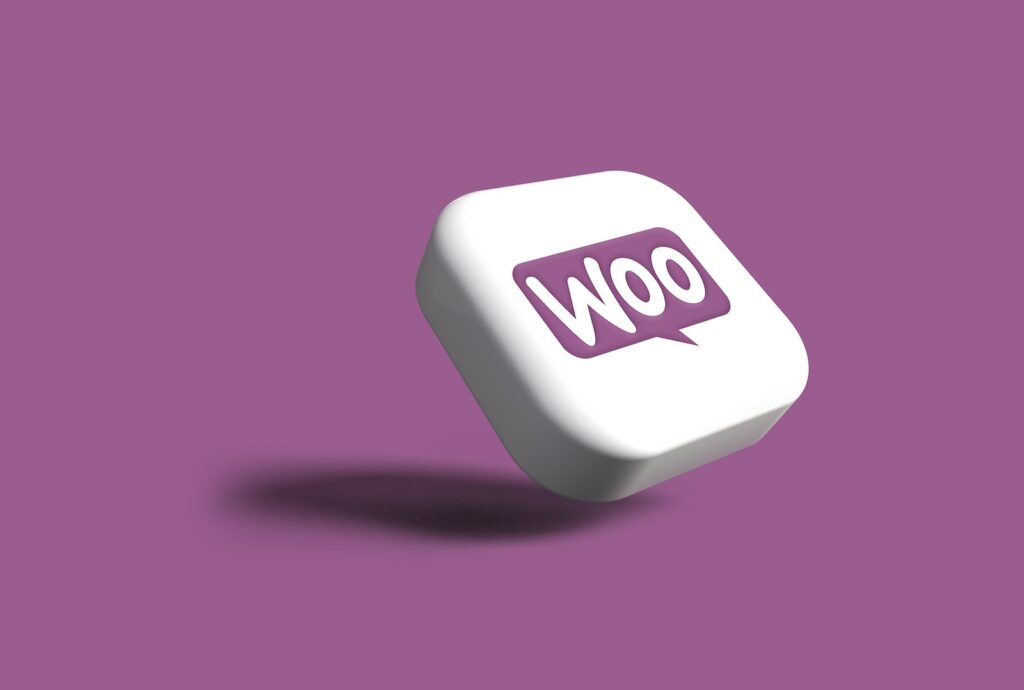Retail is a cornerstone of the modern economy, with over $6 trillion in sales globally annually.
This article provides an overview of what retail is and how it works, including types of retailers, understanding the retail marketplace, the benefits of retailing, and challenges faced by retailers.
It also provides a guide to help readers become more informed about this dynamic industry.
What is Retail?
Retail is an industry that is focused on the sale of goods and services to end customers.
This includes a broad range of activities, such as product selection, pricing, merchandising, marketing, customer service, shop design and layout.
In recent years, the retail landscape has been transformed by technological advances which have enabled retailers to implement omni channel strategies for greater customer engagement.
Retailers today must understand the changing dynamics of their target markets in order to remain competitive in this increasingly digital market.
In addition to understanding market trends and consumer behavior, retailers must also be aware of different types of retailers that exist in the market in order to effectively position their business.
For example, there are traditional brick-and-mortar stores as well as online stores.
Understanding these distinctions can help retailers better serve their consumers and create a more successful business model for themselves.
With this knowledge in mind, let’s explore the various types of retailers available today.
Types of Retailers
Differentiating among the types of retailers is crucial to understanding the retail industry. There are five main categories of retailers, including:
- Online-only: This type of retailer operates solely through online platforms, offering customers the convenience of shopping from anywhere at any time.
- Brick and mortar: The most common type of retailer, brick and mortar stores have both a physical store presence and an in-person buying experience. Customers can browse products, try them on, and make purchases directly at the store.
- Catalog/mail order: These retailers provide customers with an itemized list of products they can purchase via phone or mail. This more traditional shopping method allows customers to browse through catalogs and place orders from the comfort of their own homes.
- Door-to-door sellers: This type of retailer brings their products directly into consumers’ homes. They may do this on a one-time basis or through subscription services, offering convenience and personalized service.
- Mobile retailing: Mobile retailing involves selling goods from temporary locations such as kiosks at festivals or pop-up shops in busy cities. This type of retailing capitalizes on the concept of convenience and the ability to reach customers in high-traffic areas.
Understanding the various types of retailers helps paint a picture for the retail marketplace.
Businesses can identify where they fit within it and how best to market their products or services accordingly.
Understanding the Retail Marketplace
Understanding the retail marketplace involves assessing the different types of retailers in order to identify where a business may fit within it and how to best market their products or services.
The retail marketplace is highly competitive, with businesses constantly striving to keep up with ever-changing consumer trends and pricing strategies.
It is essential for retailers to stay ahead of these changes by understanding what their customers want and need, as well as what their competitors are offering.
Additionally, they must have a clear understanding of their target market in order to develop effective marketing strategies that will reach them effectively.
Retailers must also assess their own strengths and weaknesses before entering the marketplace so that they can make informed decisions about which type of retailer they should become.
In addition, it is important for retailers to understand the laws and regulations governing retailing in order to ensure compliance with government policies and abide by industry standards.
By gaining an understanding of the legal framework surrounding retailing, businesses can protect themselves from potential liabilities or lawsuits while still ensuring customer safety and satisfaction.
The Benefits of Retail
The retail industry offers many benefits to businesses, consumers, and society as a whole. These include:
- Customer loyalty: Retail is an excellent way for companies to create customer loyalty, as customers are more likely to return if they have had a positive experience with the product or service.
- Store layout: By using well-designed store layouts and attractive displays, retailers can make it easier for customers to find items quickly and efficiently. This can lead to increased sales and higher profits.
- Economy growth: The retail sector contributes significantly to economic growth by providing employment opportunities and creating taxes. Additionally, consumer spending in the retail sector stimulates economic activity.
- Social value: Retailers provide valuable products and services that help improve people’s lives. They also offer educational opportunities through their stores, which helps build knowledge in communities across the globe.
These advantages of retail demonstrate why it is an important part of our economy, culture, and society overall.
As we move into the next section about the challenges of retail, it is important to consider how these benefits might be affected by them.
Challenges of Retail in Business
Competition in the retail industry can present numerous challenges. Omni channel Retail, where customers are able to shop online and in-store, has created a consumer culture of convenience that offers shoppers more choices and value.
This has pushed retailers to adjust their operations, including technology innovations, across both brick and mortar stores as well as online platforms.
As a result, the retail industry must adapt quickly to changing customer preferences while also having a solid understanding of the competitive landscape in order to remain profitable.
The cost of innovation can be an obstacle for retailers that operate on tight margins.
Additionally, there is often limited access to capital which can prevent companies from responding quickly enough when new trends emerge or when demand shifts away from one product or service area towards another.
The challenge for retailers then becomes how to identify these changes early enough so they can stay ahead of competitors and capitalize on any opportunities available.
What Is Shopify and How Does It Work?
80+ Profitable Digital Products to Sell Online
The need for effective marketing strategies is also essential in today’s retail market because it allows companies to reach their target audience faster and with greater impact than ever before.
Companies must be willing to invest in research and development as well as advertising campaigns that focus on the latest trends in order to remain relevant and successful over time.
Conclusion: Retail in Business
Retail is a complex and ever-changing industry, requiring savvy business owners to stay up to date with the latest trends.
Despite the numerous challenges associated with running a retail store, there are many benefits that make it an attractive option for entrepreneurs.
By understanding the marketplace, retailers can effectively create strategies to maximize their sales and profits.
Ultimately, becoming successful in the retail sector requires attention to detail, knowledge of customer needs, and a willingness to adapt in order to remain competitive.
With these tools, businesses have the potential to unlock powerful opportunities that will drive success in today’s market.





